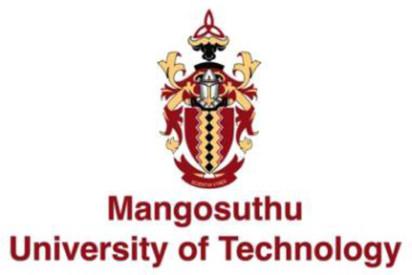

Cape Town – Mangosuthu University of Technology bigwigs have told MPs that they have been on the verge of quitting their posts because of “grave challenges” at the university.
Briefing the portfolio committee on higher education, acting vice-chancellor Marcus Ramogale said the situation at the university was so dire last year when they took over that they feared the imminent collapse of institution.
“As soon we moved in into acting positions it was frustration upon frustration. We did not get the kind of support we expected from the council, especially the previous council,” Ramogale said.
“It went to a situation where acting executives thought of quitting because of the level of frustration…(but) we had to put our frustrations aside and keep going,” he said.
The university is plagued by high vacancy rate at management level after some of the executives were placed on special leave pending an investigation.
Those suspended had since left the institution, including the then vice-chancellor, and the council has had to fill the posts with the its council chairman post yet to be filled.
“All this have had an impact on the university. One impact is human resource capacity, especially if you look at the vacancies,” Ramogale said.
“There was a low staff morale as a result of what was happening in respect of governance uncertainty. The saving grace has been the stability on the ground,” he said in reference to engagement and with unions and students that kept them going.
“We are the only institution in the country that was not affected by #FeesMustFall campaign in spite of all the challenges on the top,” Ramogale added.
“Teaching has been going well despite the constraints, vacancies in some areas.”
Troubles at the Mangosuthu University of Technology started in February 2016 when six senior executives were placed on special leave by the council.
A forensic investigation led some of the executives to resign after a report into the probe was released in July 2016.
The situation led to a lot of challenges in leadership and governance.
It became so serious that there were issues with the delegation of authority with the executive taking the powers of council with Higher Education and training Minister Blade Nzimande expressing his disquiet.
The council had this year experienced several changes and reconstituted after terms of some members expired.
Matters were compounded as the university battles to fill vacancies of senior executives and experiences problems in the roll-out of capital projects with some now stalled and projecting escalated costs.
Despite this, Ramogale said there was a sense of optimism, especially that the council was reconstituted.
Ramogale also told of interventions that were embarked upon to normalise matters at the institution.
The department’s director-general Gwebinkundla Qonde said the anomalies impact on the core mandate of the university.
Qonde also said the department played a supportive role to universities to fulfil their mandate.
He said there has been engagements with the university council on what should be done to govern the institution.
“Our overall assessment is that the interim management is doing what it can to improve the situation and there are some successes in operations of the instructions as we can see,” Qonde said.
Nzimande is expected to make three additional appointments to the council and a new chairman will be elected soon.
[“Source-iol”]




